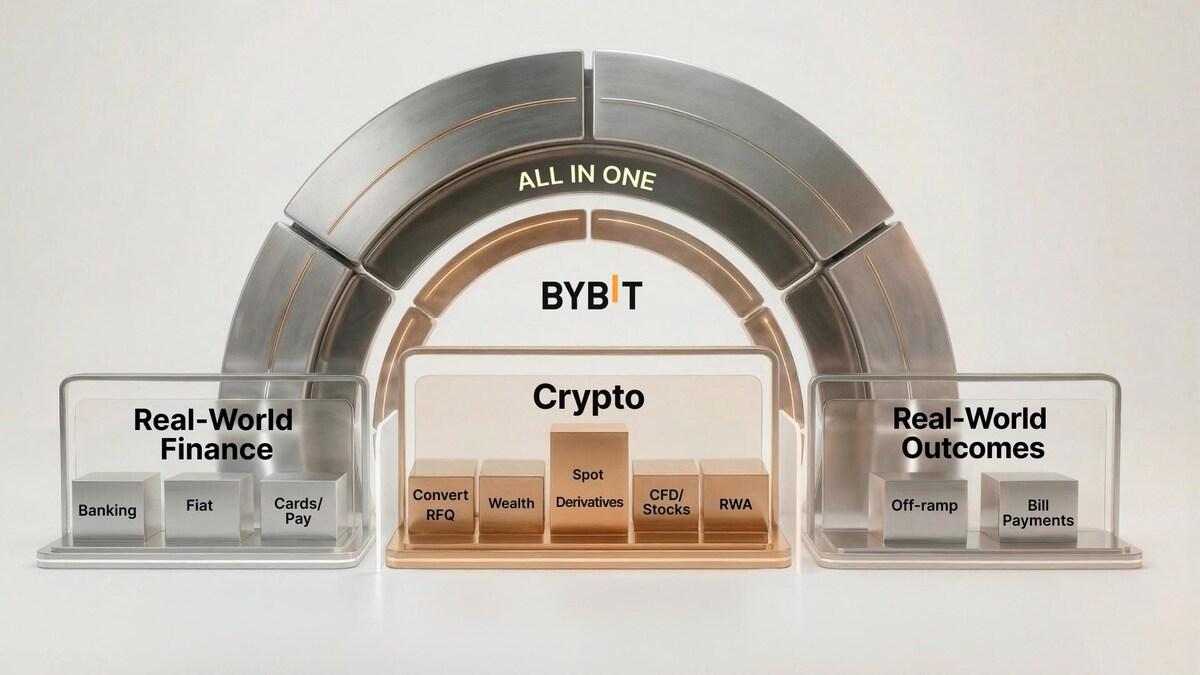Key Points:
- The Blast ecosystem’s Munchables project suffered a major breach, resulting in the theft of approximately $62.5 million worth of ETH.
- Speculations arose regarding a North Korean hacker’s involvement, further fueled by claims from security experts and developers.
- The Munchables hack is Blast’s second incident that has raised concerns about security and safety.
In a recent turn of events, the Blast ecosystem project Munchables has fallen victim to a significant attack, leading to the theft of approximately 17,400 ETH, valued at around $62.5 million.

Munchables Hack Causes $62.5 Million Theft
According to the official announcement, Munchables is actively monitoring the situation, tracing the flow of funds, and endeavoring to halt further transactions. The attack was disclosed in a post on March 26, where Munchables stated its efforts to track the exploiter’s movements and mitigate the damage.
The Munchables hack caught the attention of PeckShield’s monitoring, which highlighted issues with the platform’ locked contract, resulting in a substantial loss. Speculations arose regarding the involvement of a North Korean hacker, as suggested by SlowMist founder Yu Xian’s post on the matter.
Further revelations emerged from Solidity developer 0xQuit, who claimed in a post on March 27 that the attack was premeditated, with one of the developers manipulating the Lock contract just before launch.
Doubts Raised About Blast Projects
This incident marks the second DeFi project within the Blast ecosystem to face such a predicament, signaling a concerning trend of core developers infiltrating projects and executing attacks at opportune moments.
The aftermath has prompted Juice Finance, another DeFi protocol within the Blast ecosystem, to assess the vulnerability and explore options for fund transfer. Notably, while ETH was stolen, the deposited wETH remains unaffected within the Munchables hack, ensuring the security of Juice users’ assets.
| DISCLAIMER: The information on this website is provided as general market commentary and does not constitute investment advice. We encourage you to do your own research before investing. |






















